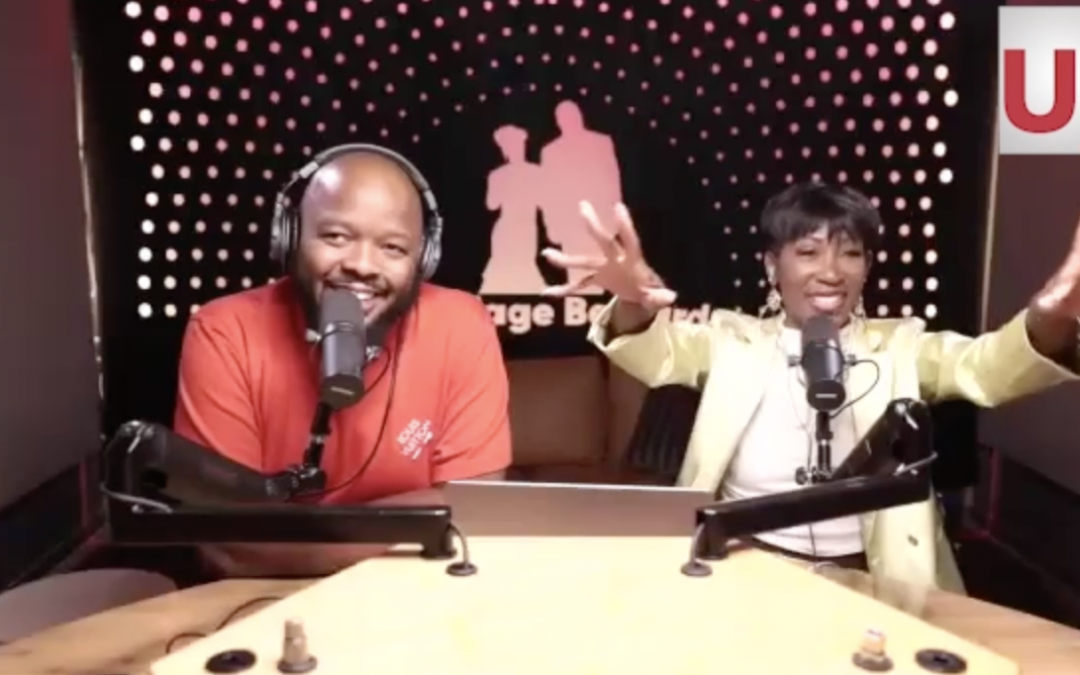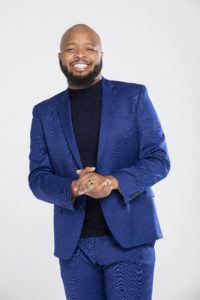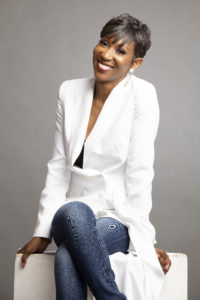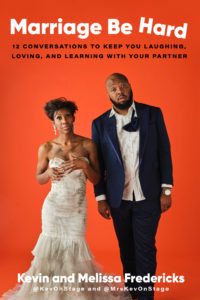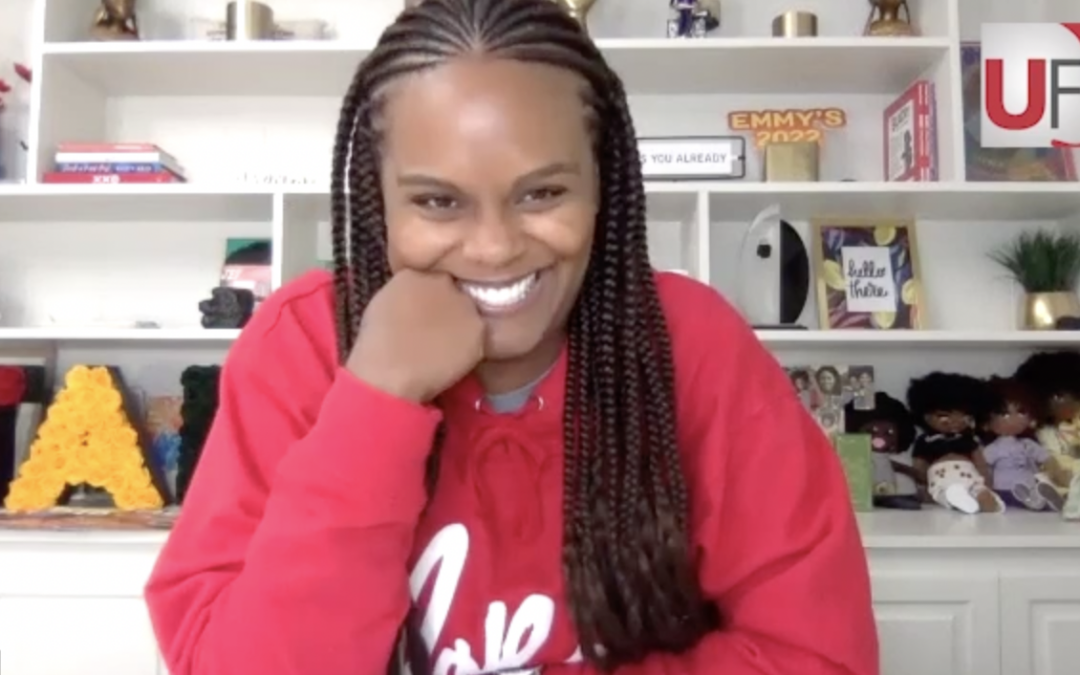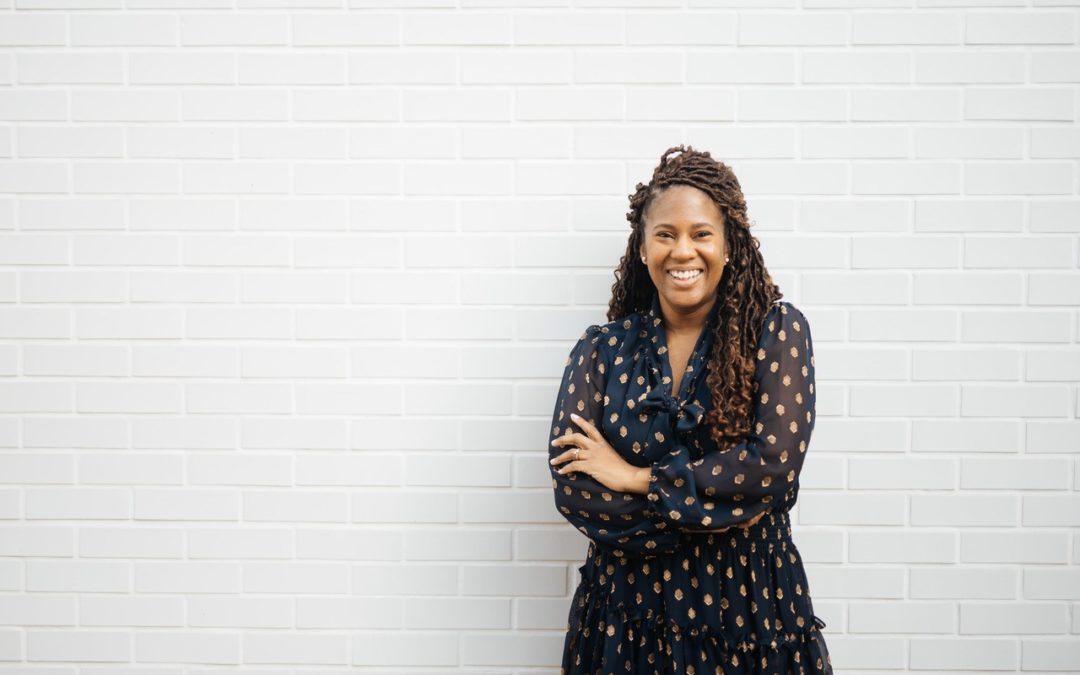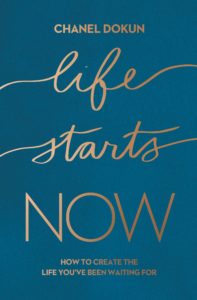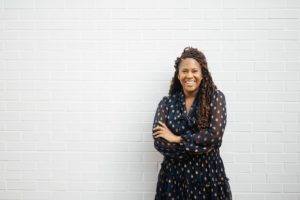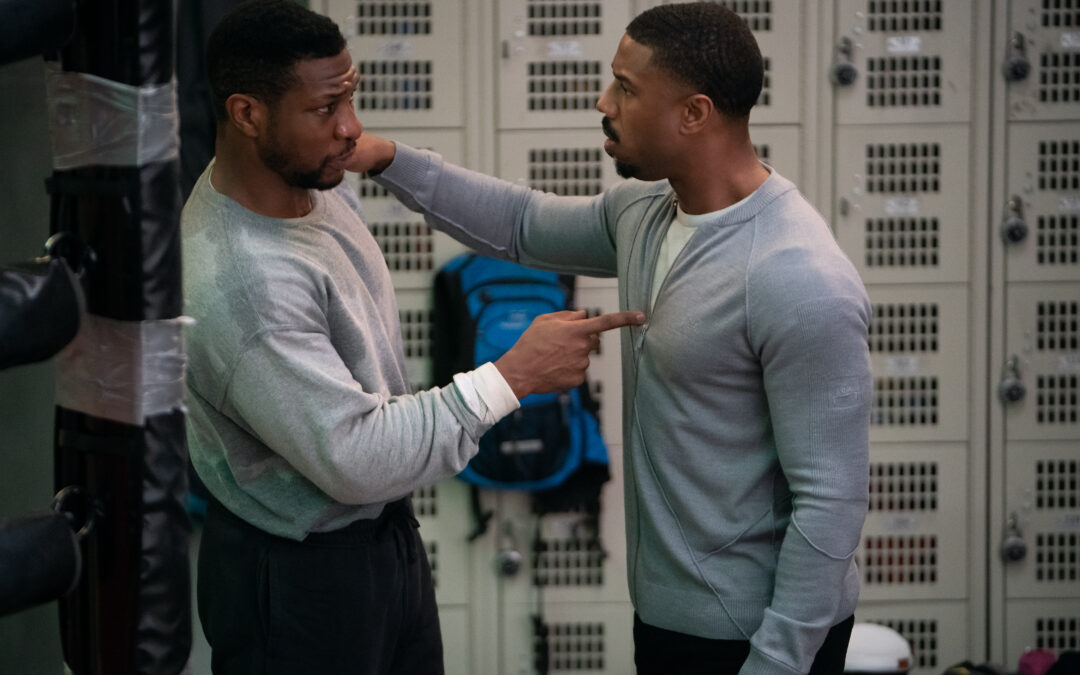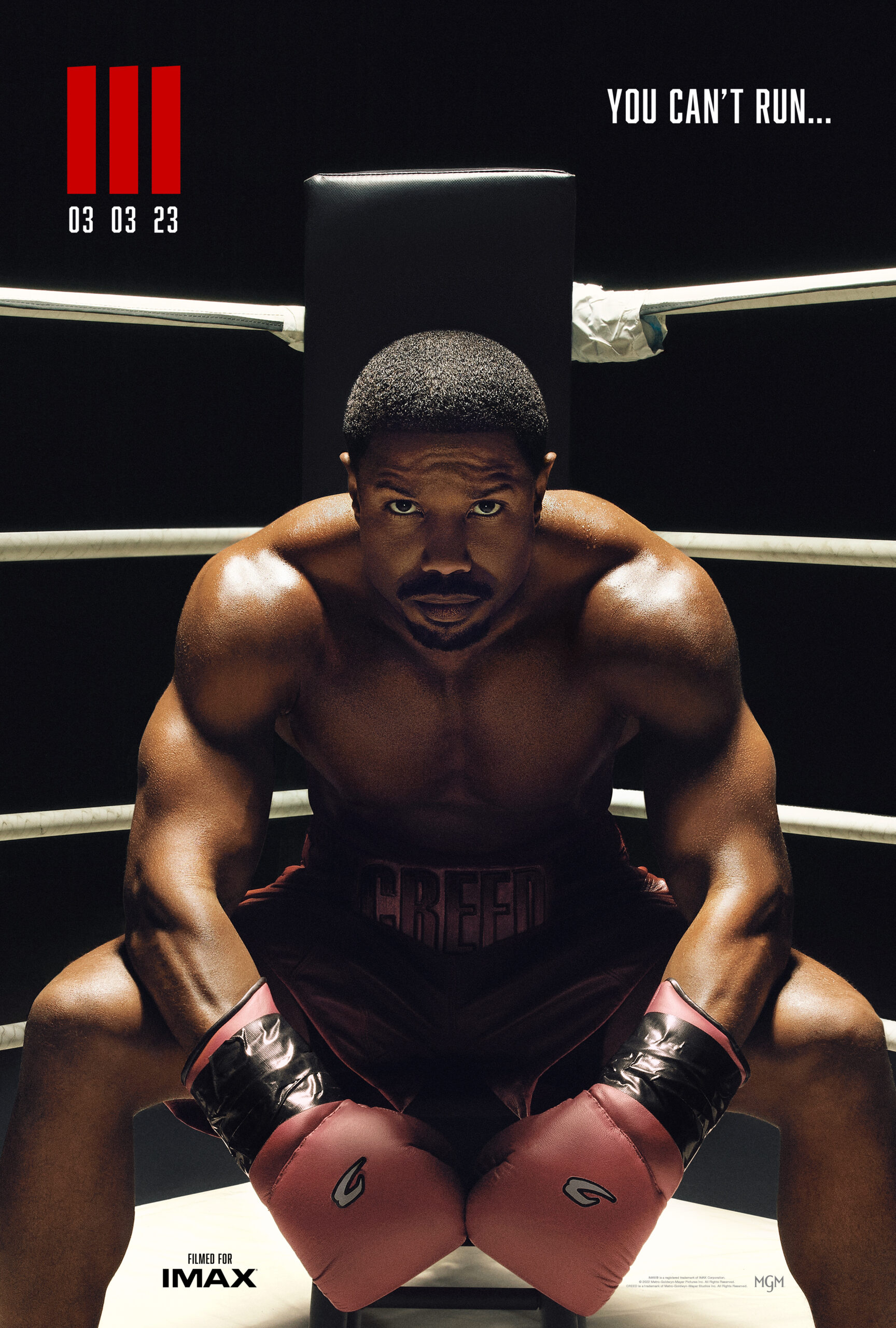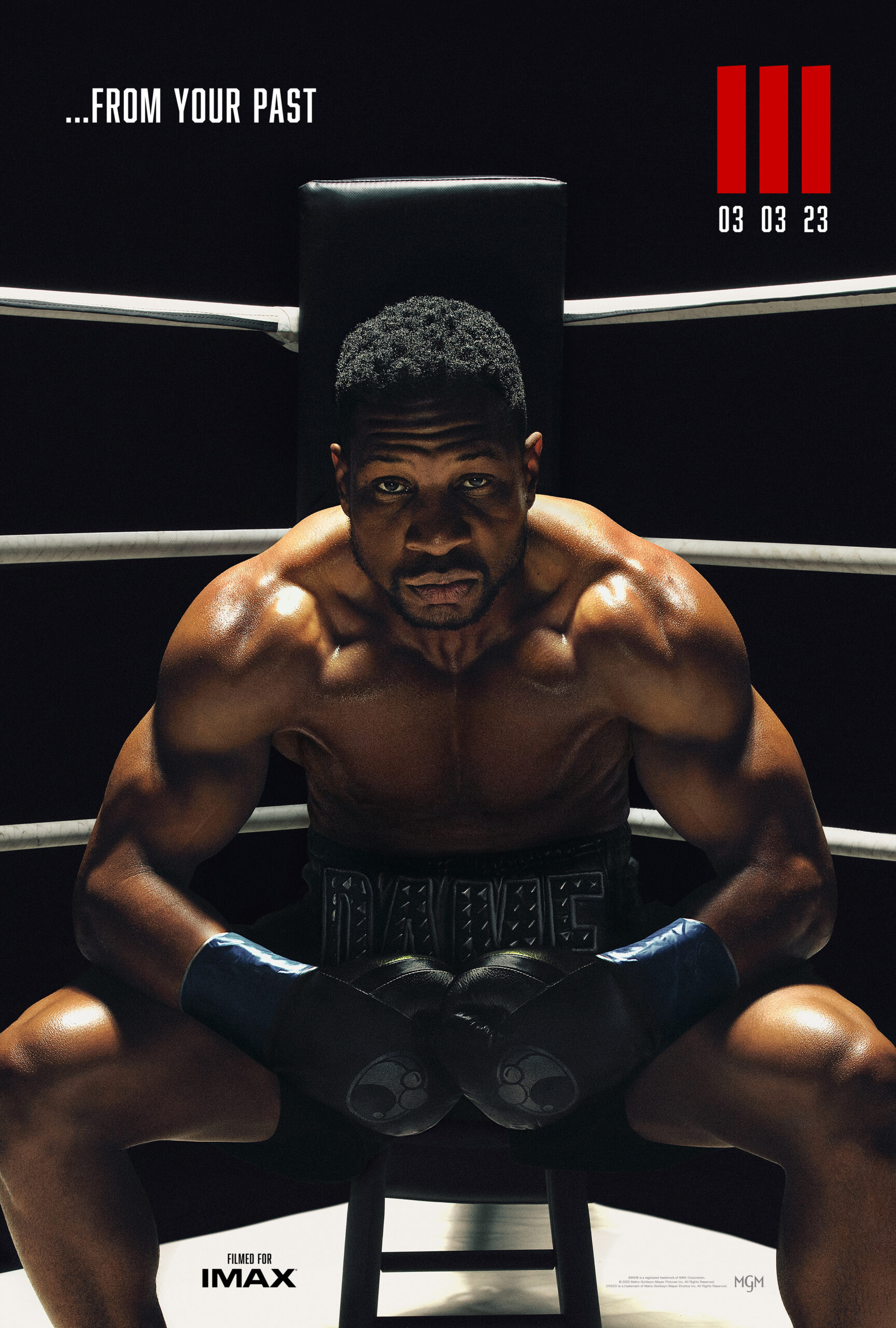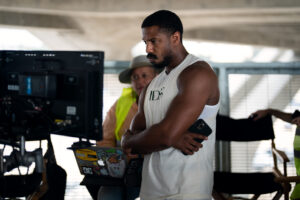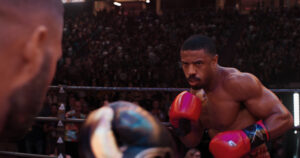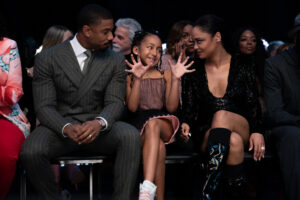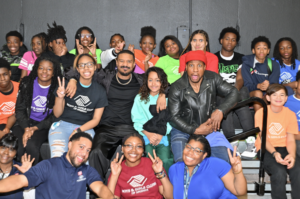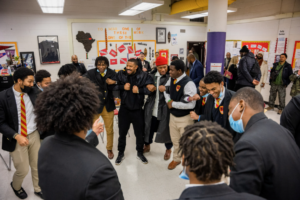
4 Ways Marriage Requires Adaptation

As a young married couple, we have several friends who are still single and many who are in relationships wanting to be married. Many of our friends ask us for advice on their relationships. How do you know when your significant other is the right one? How do you move forward from single, to engaged, to married? What is your advice for the difference? How do you navigate your relationship in healthy ways? We don’t have all the answers, no couple does. Each relationship is unique. But we agree one of the most important skills and principles we think is core to marriage is adaptability. When we get married, we must adapt in ways we are often not taught prior to being married. Here are 4 ways we see adaptation as key to moving from relationship to marriage for those who want to be married.
1. Your mindset must adapt
From the time most children can reason they are being shaped with expectations for what romantic relationships should be. Parents, peers, and popular culture shape our mindsets for better or worse. Many of those mindsets are unrealistic and toxic. When we have serious relationships as adults, we do not have a sense of what marriage is really like or what it should be like. Many of us expect our spouse to do what we want, agree with us about big and small plans, be present with us for everything we find important, and generally not exhibit any human flaws. Moreover, we expect them to think like us. And this is a big area of necessary adaptation. It does not matter how much or how well you communicate (and most of us don’t do that well), your partner is an entirely separate person from you who will think differently than you. You must adapt your expectations with humility and grace to thrive in sustainable ways. For example, you know that people should ask if you are hungry when they get something to eat. You believe that is what loving spouses do. But your partner may have been raised to believe you speak up if you want someone to get you something to eat. You can avoid a lot of arguments by first discussing this difference and then allowing that each person will not get the action “asking if you are hungry” right even if you talk about it 10 times. It may take two conversations for them. It may take 27. It doesn’t make them bad spouses. It doesn’t make them uncaring. They may get better in the future. They may not. In either case, they will think the way they think, not the way you think.

2. Your heart must adapt
Opening our hearts is a challenging task. It was much easier when we were younger, just venturing into the world, filled with enthusiasm to embrace everything life offered. During our adolescent and young adult years, navigating through life seemed effortless. We were influenced by social media, television shows, and the experiences of our elders and communities, all guiding us on how to coexist with our significant others or what society deemed as finding a “successful” partner. We internalized notions about the ideal height of our spouses, the number of children they should have, and the careers they should pursue. We even hesitated to consider anyone who didn’t meet these expectations. Consequently, societal influences and challenges compelled us to guard our hearts, never settle, and cling tightly to our preconceived ideas of the perfect spouse. Now, understand me; having personal boundaries and standards is healthy. However, the problem arises when our expectations become unrealistic and hinder our ability to form deep connections and intimacy with our partners. Some of us may find ourselves grieving over unmet expectations that arose when we initially began dating, got engaged, or entered marriage. Our partners may face career setbacks that limit our financial freedom, or one partner may not share the same desire for the number of children they may have together. Reality may not align with the idealized image we envisioned in our minds and hearts. This fear can cause us to retreat inwardly, creating a sense of distance from one another. However, when we choose to let go, we open space for love to find its way into our lives. Letting go involves recognizing our agency, embracing vulnerability, and granting ourselves the opportunity to receive love, even when it may bring difficulty. Opening our hearts to the intricate complexities of marriage can be terrifying, but relinquishing unrealistic expectations is essential for growth in our relationships. It demands intentional effort from both partners and a willingness to release our fears, allowing genuine and unfiltered love to flourish. Let go of the burden of expectations and embrace one another for who you are, remembering that love can overcome fear.

3. Your behavior must adapt
We behave in ways that are consistent with our context. Our behavior is one of the most adaptable things about us as human beings. We are very good at adapting our behavior to new schools, new jobs, new organizations, new friends, and new situations but sometimes we have a hard time adapting to our romantic relationships. We feel like we shouldn’t have to adapt to our spouse. They should accept us for who we are. But as followers of Jesus, we should be willing to change how we behave as an act of love. If we know our spouse is allergic to a certain food, we wouldn’t cook it for them just because we like it. We might make a separate version for ourselves or make something entirely different. Adapting what we would normally do to show care for our partner is an act of grace. This does not mean we need to conform to all our partner’s desires. They won’t conform to ours either. But if we yell to express our anger because that’s the way we were raised, and our partner hates yelling because they grew up in an abusive house, we should find a way to express ourselves without yelling. We can always change our behavior and our spouse can work on changing theirs. We can only work on ourselves they must work on themselves.
4. Your plans must adapt
The concept of sacrifice in relationships often triggers resistance. It brings to mind feelings of pain and discomfort, especially when we have meticulously planned our lives through spreadsheets, vision boards, and journals, envisioning how they should unfold in the coming years or even decades. But what happens when those carefully constructed plans are unexpectedly threatened or fall apart? How do we navigate the decision to uproot our lives or relocate across the country for the sake of our spouses or families when we are happy, successful, and settled? Or how do we cope when an unforeseen injury or illness disrupts our envisioned future for our families? In such moments, whether to embrace or reject the idea of sacrifice becomes increasingly crucial. Sacrifice is undeniably challenging; it may be one of life’s most difficult lessons and being in a relationship can make this concept even more difficult. Most would likely choose the former if given a choice between experiencing life without pain, challenges, and uncertainties or enduring a painful journey with inevitable bumps and bruises. However, the truth is that without sacrifice, joy cannot fully exist in our relationships. During those difficult moments of sacrifice, the presence of joy serves as the adhesive that holds our relationships together. Maintaining open and honest communication during the process is crucial, as it keeps both partners informed about each other’s feelings and helps them adapt to the changed plans. Engaging in weekly check-ins with your spouse can be particularly helpful, as they allow each person to express their emotions and articulate their needs without the fear of judgment. By fostering a safe space for open dialogue, couples can navigate the challenges of sacrifice while maintaining a solid and connected relationship. We are each responsible for our own feelings, not our spouse’s feelings. But being aware of how our partner is coping during challenging transitions enables us to meet each other’s needs in healthy ways and intentionally throughout the week. Consistently practicing this awareness and consideration is crucial in building connection and intimacy, particularly during difficult moments faced together. By actively supporting and understanding one another, a solid foundation is created, and bonds are strengthened while navigating the ups and downs of life as a team.

